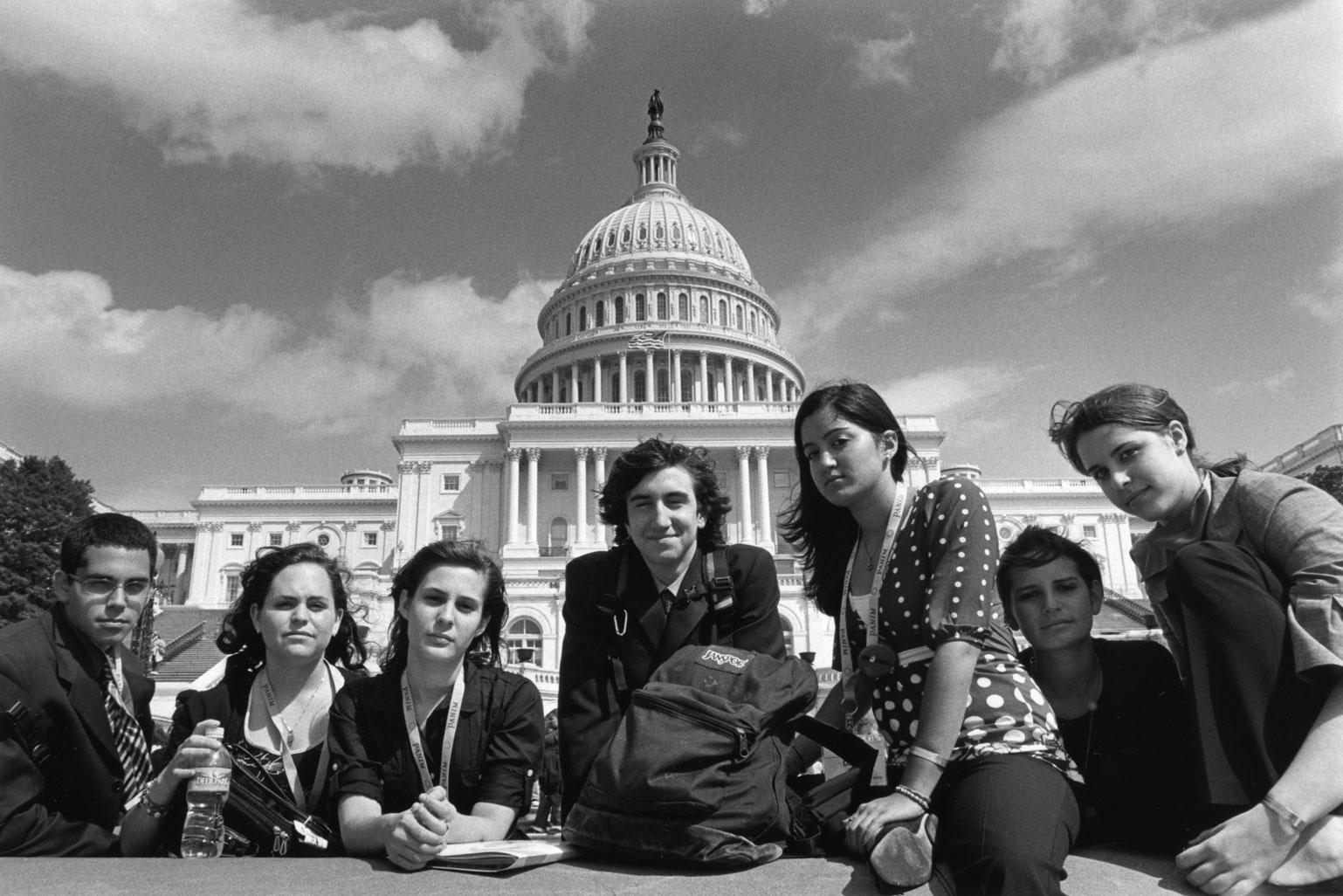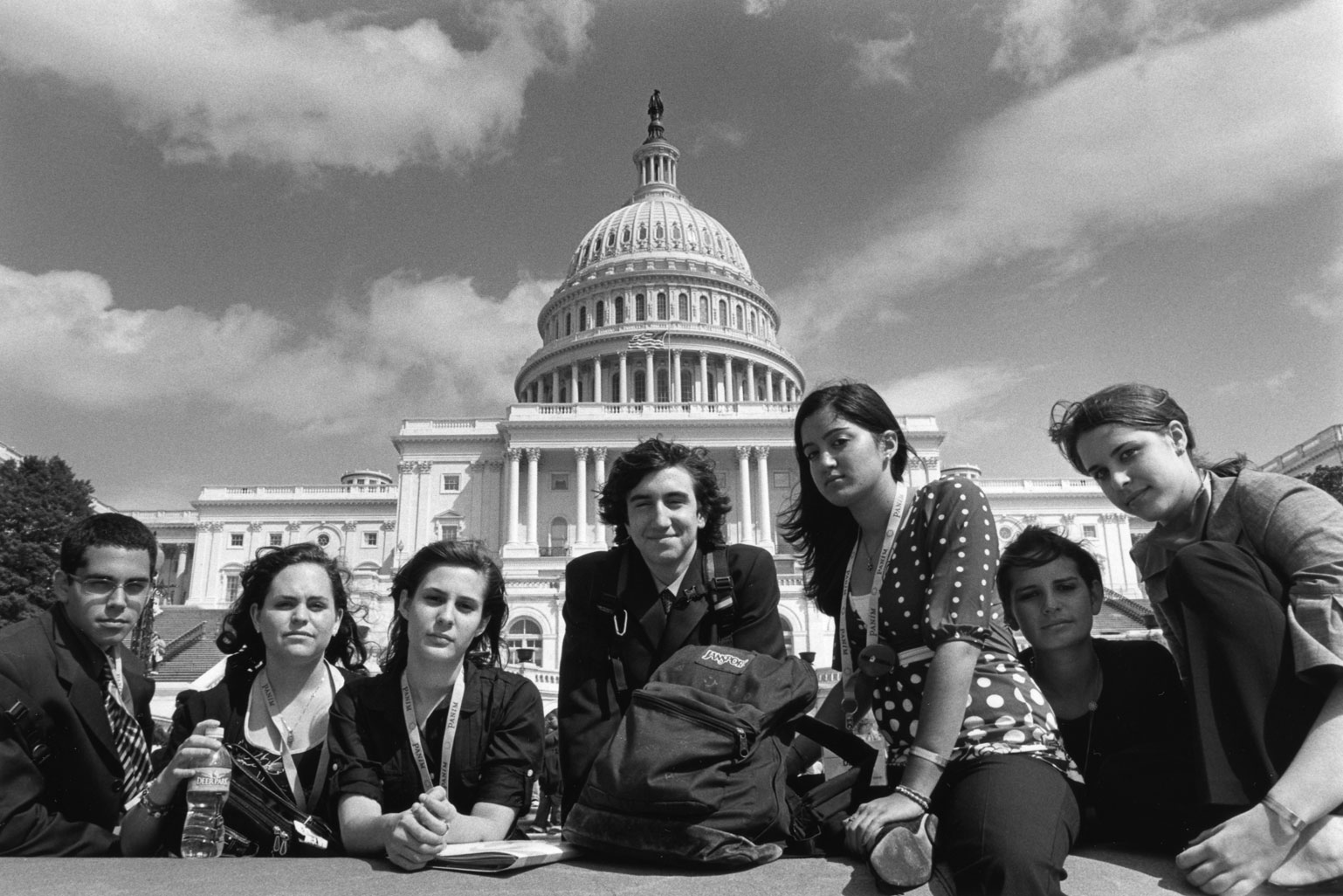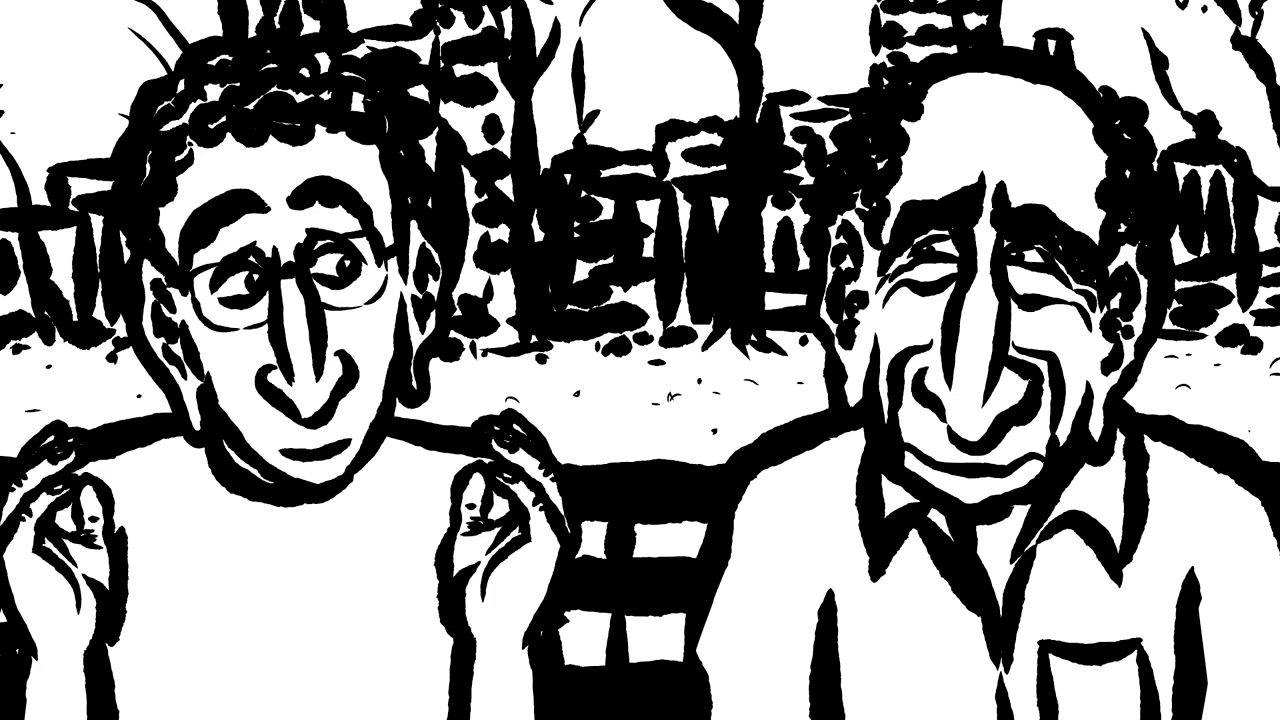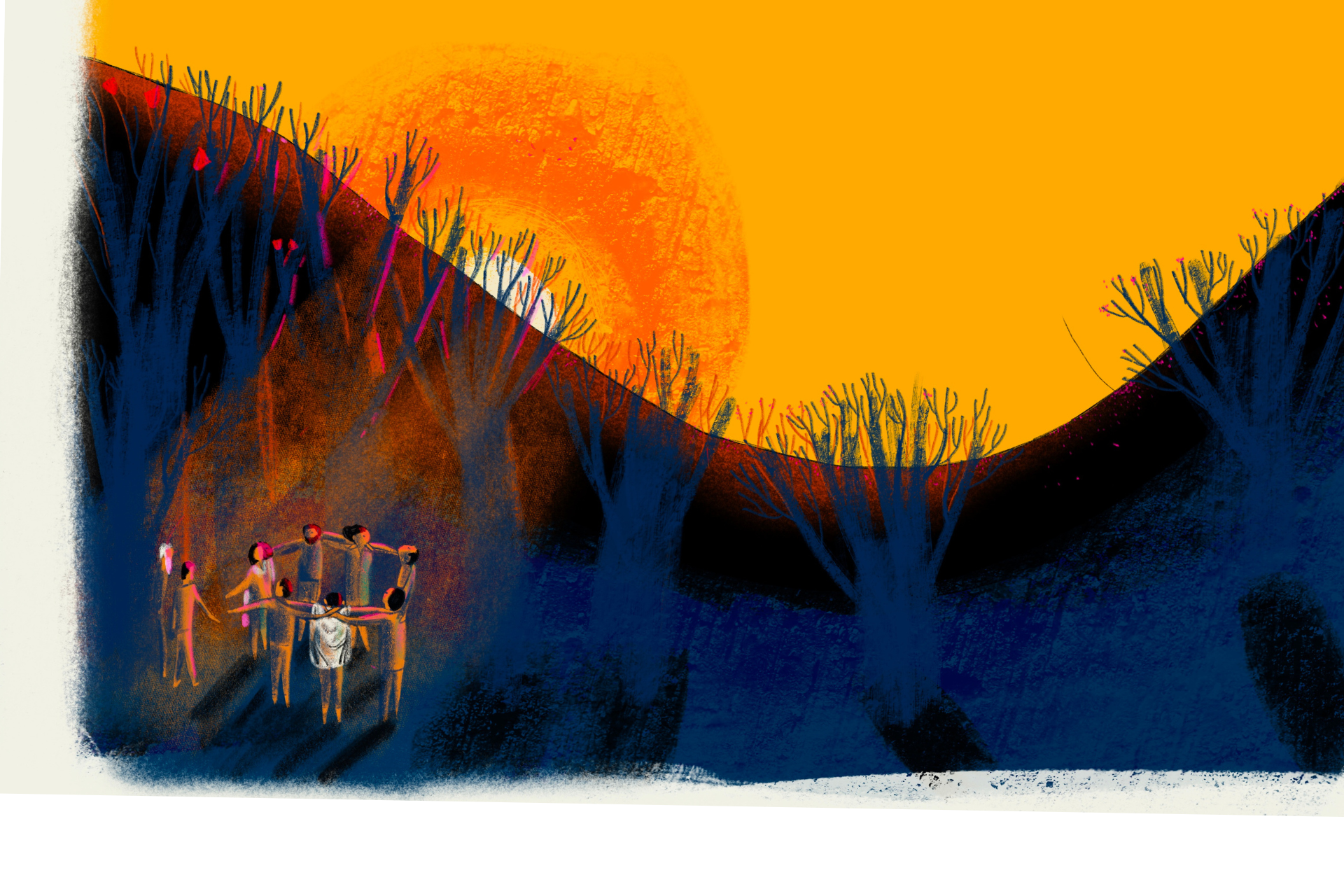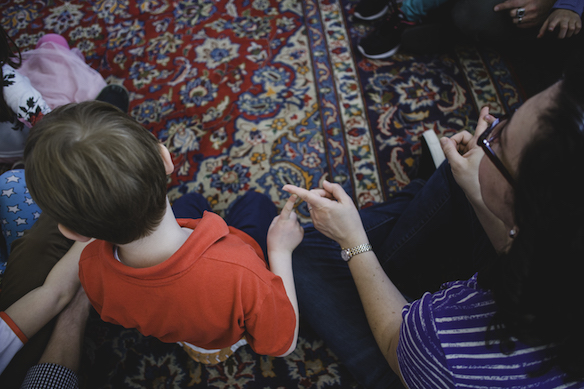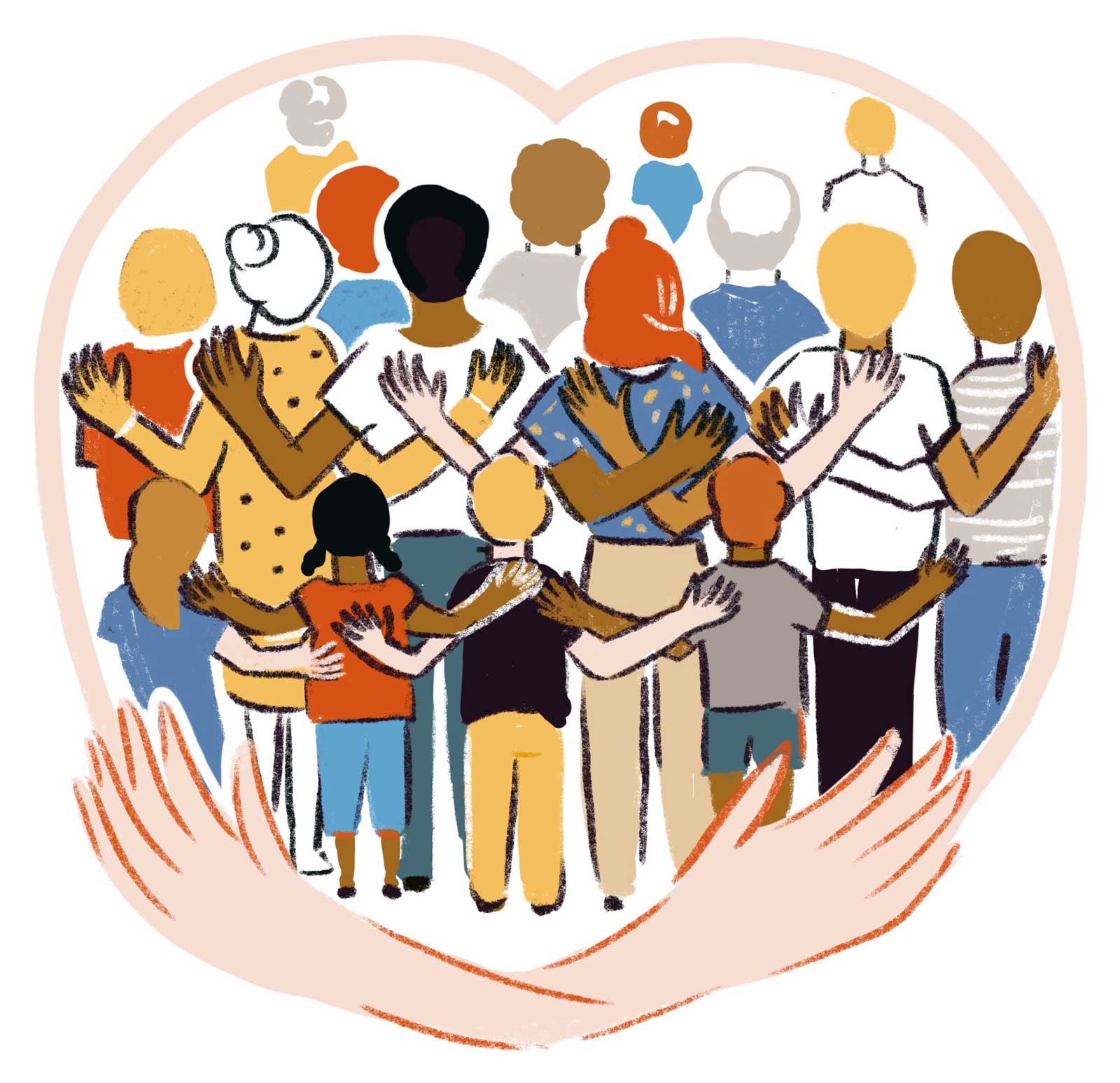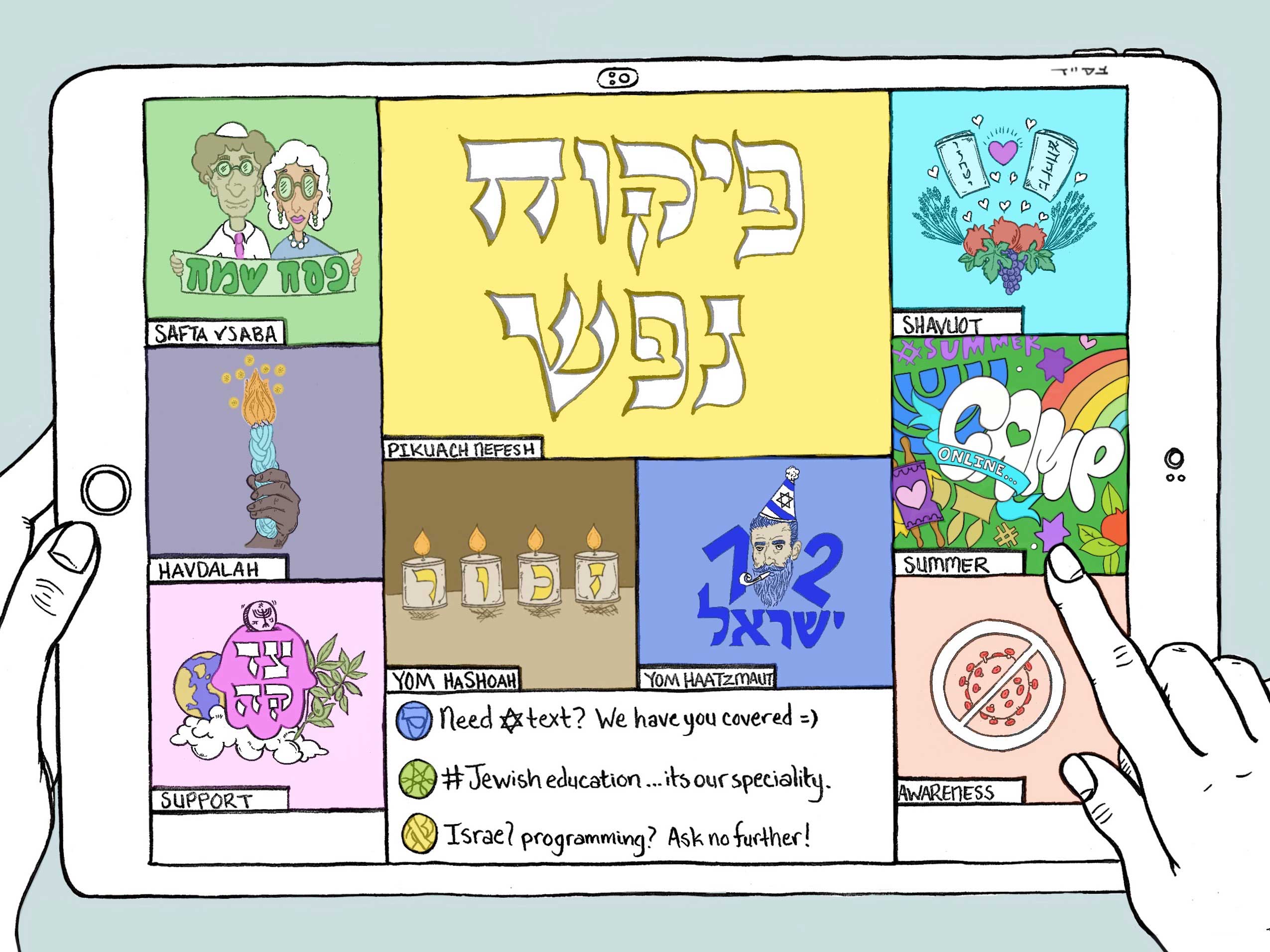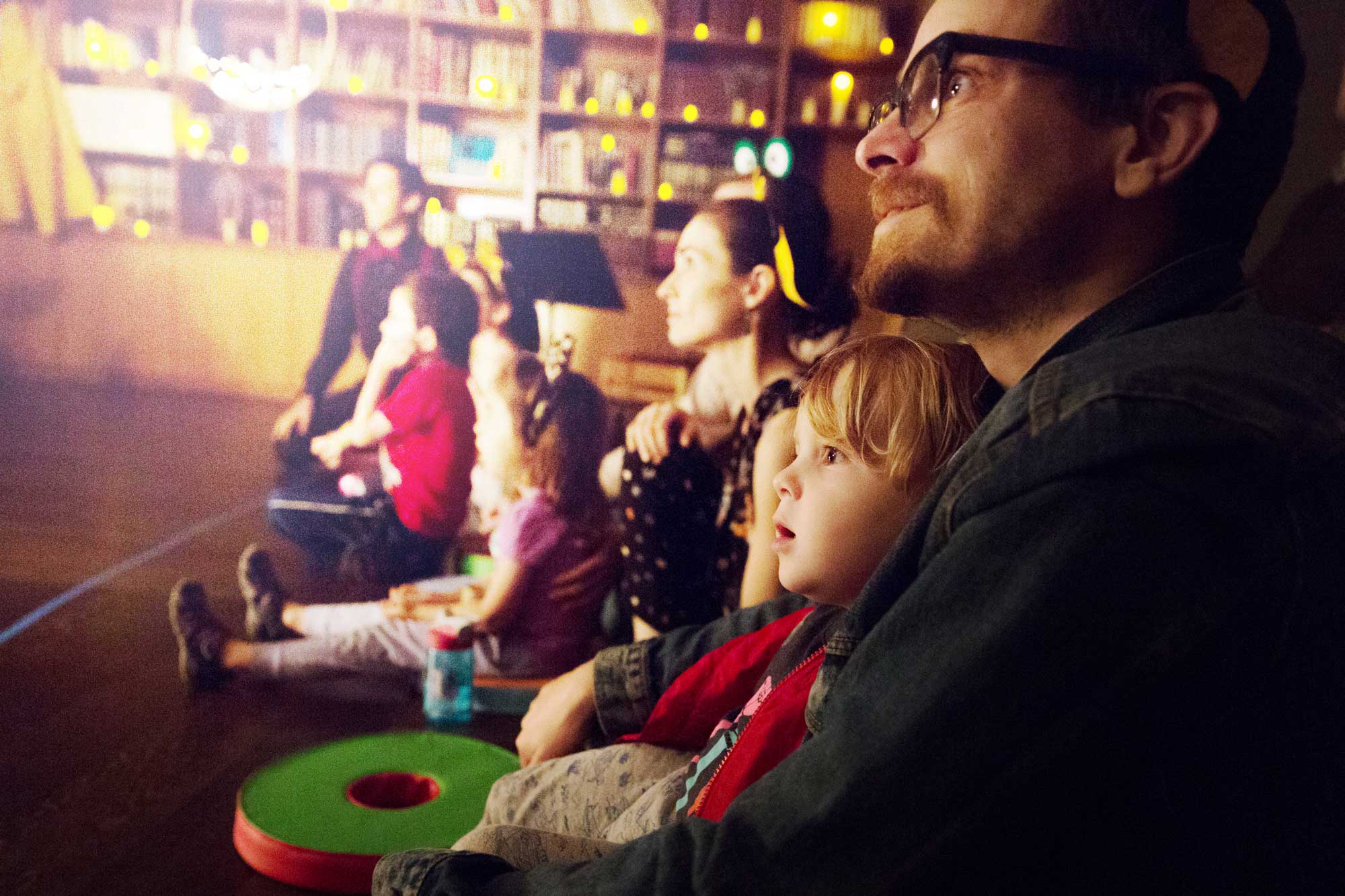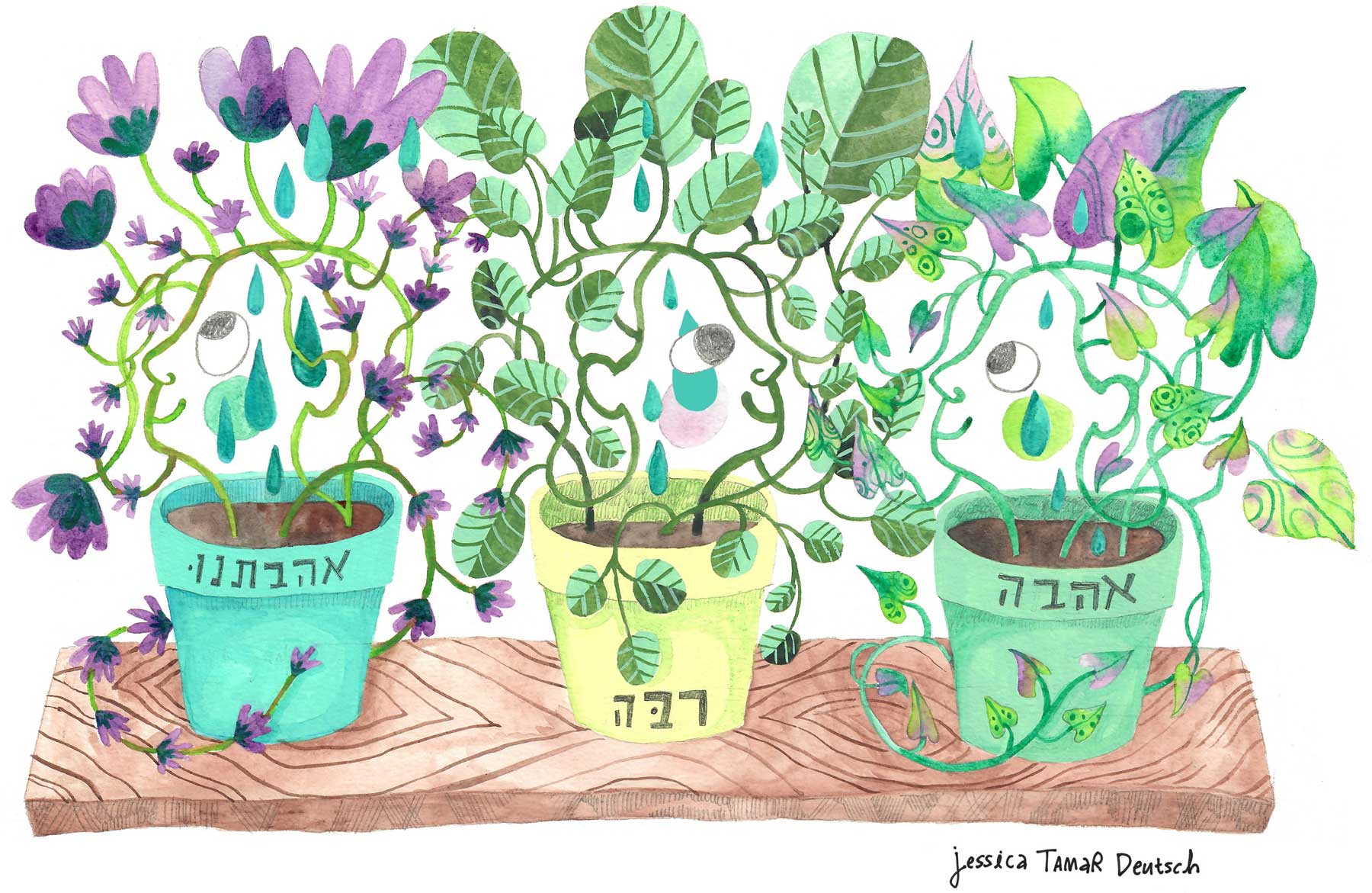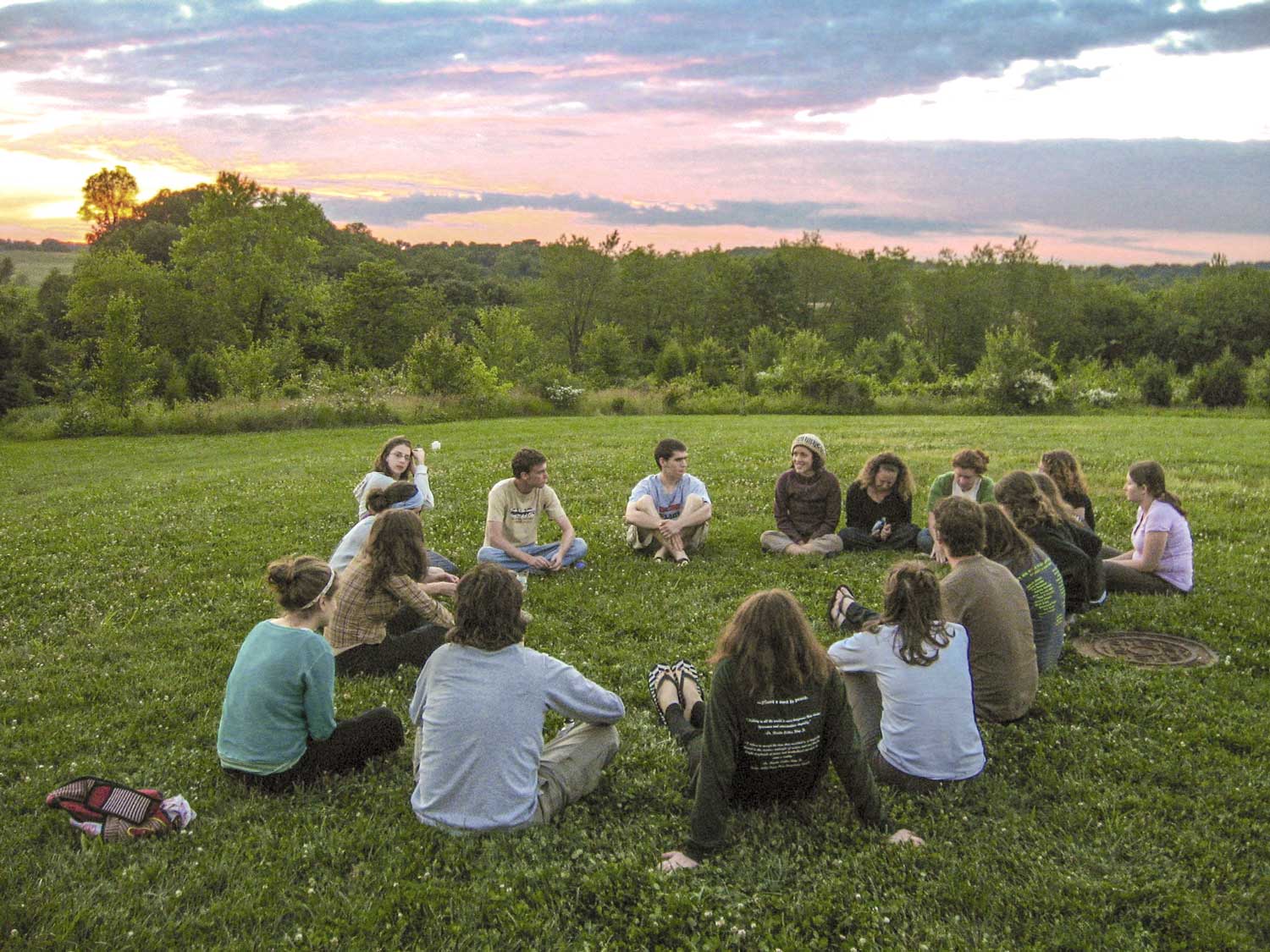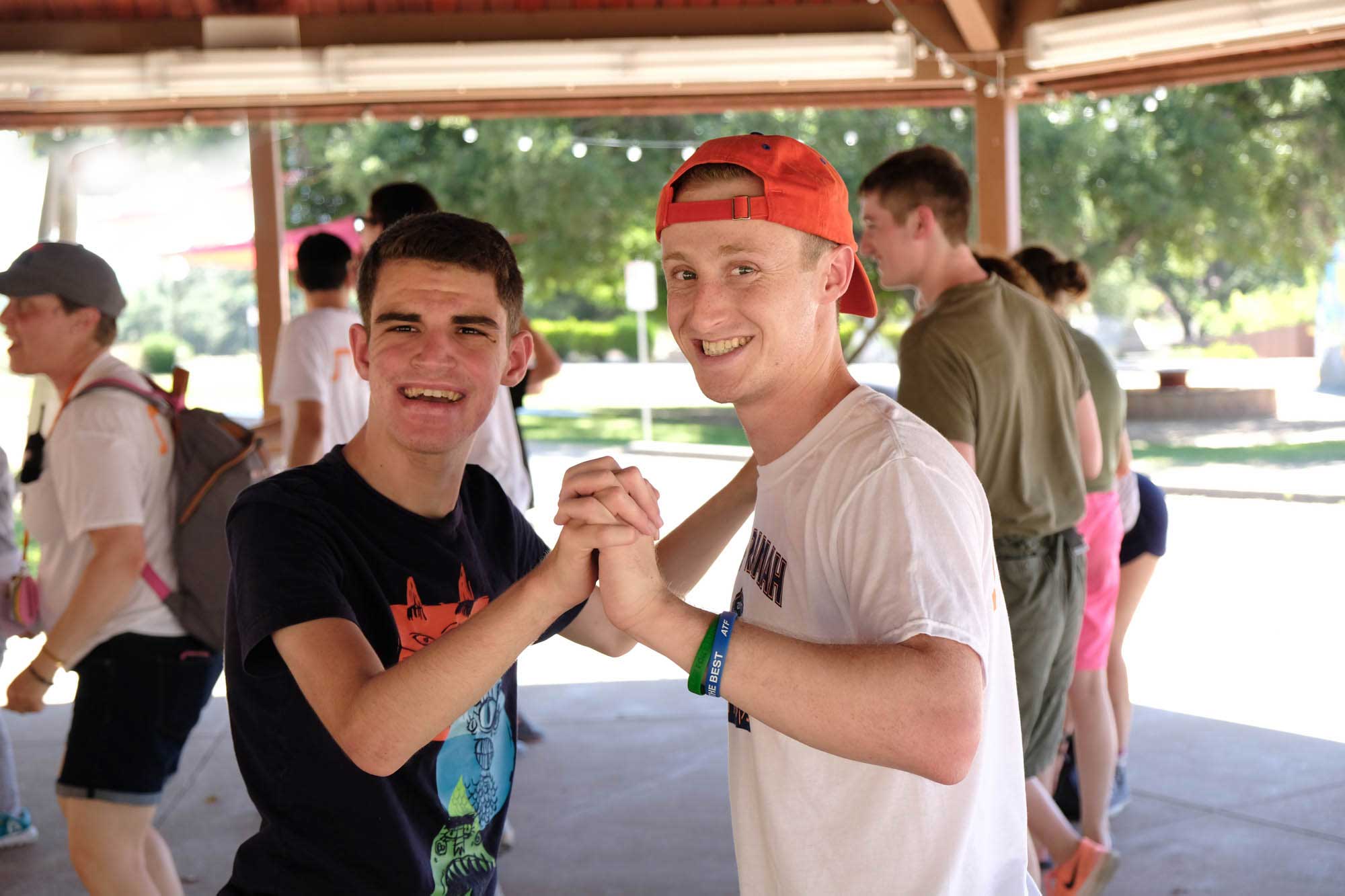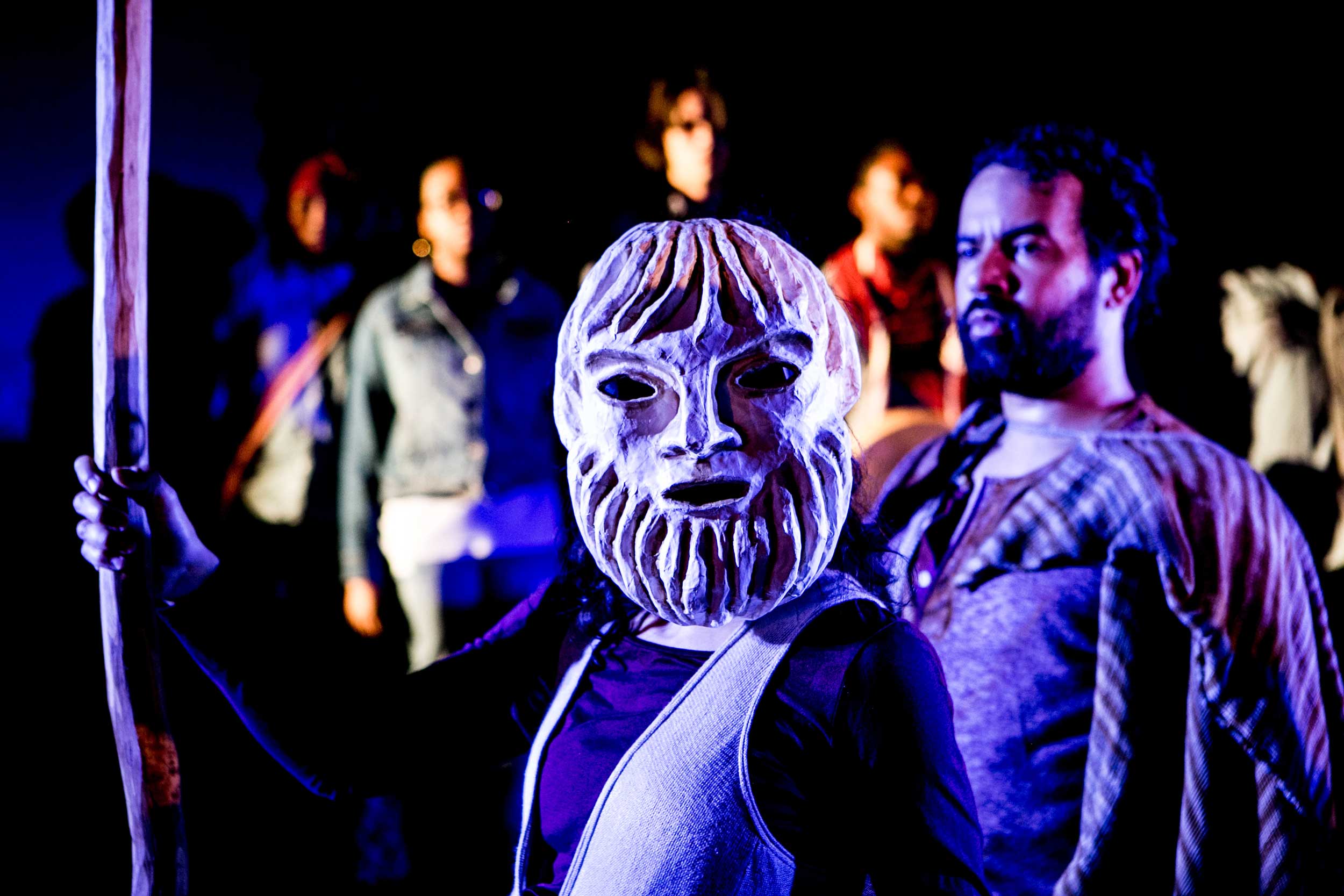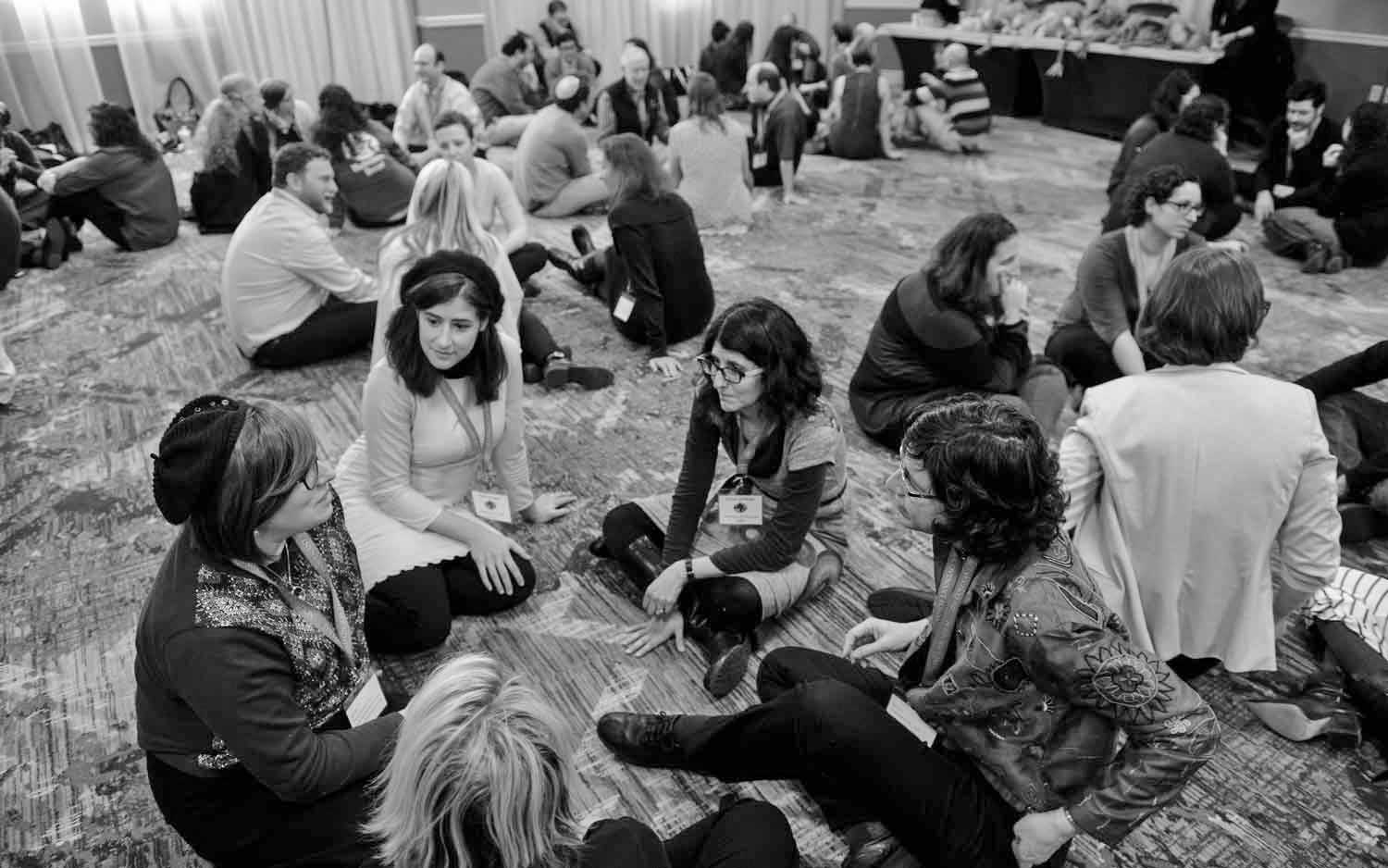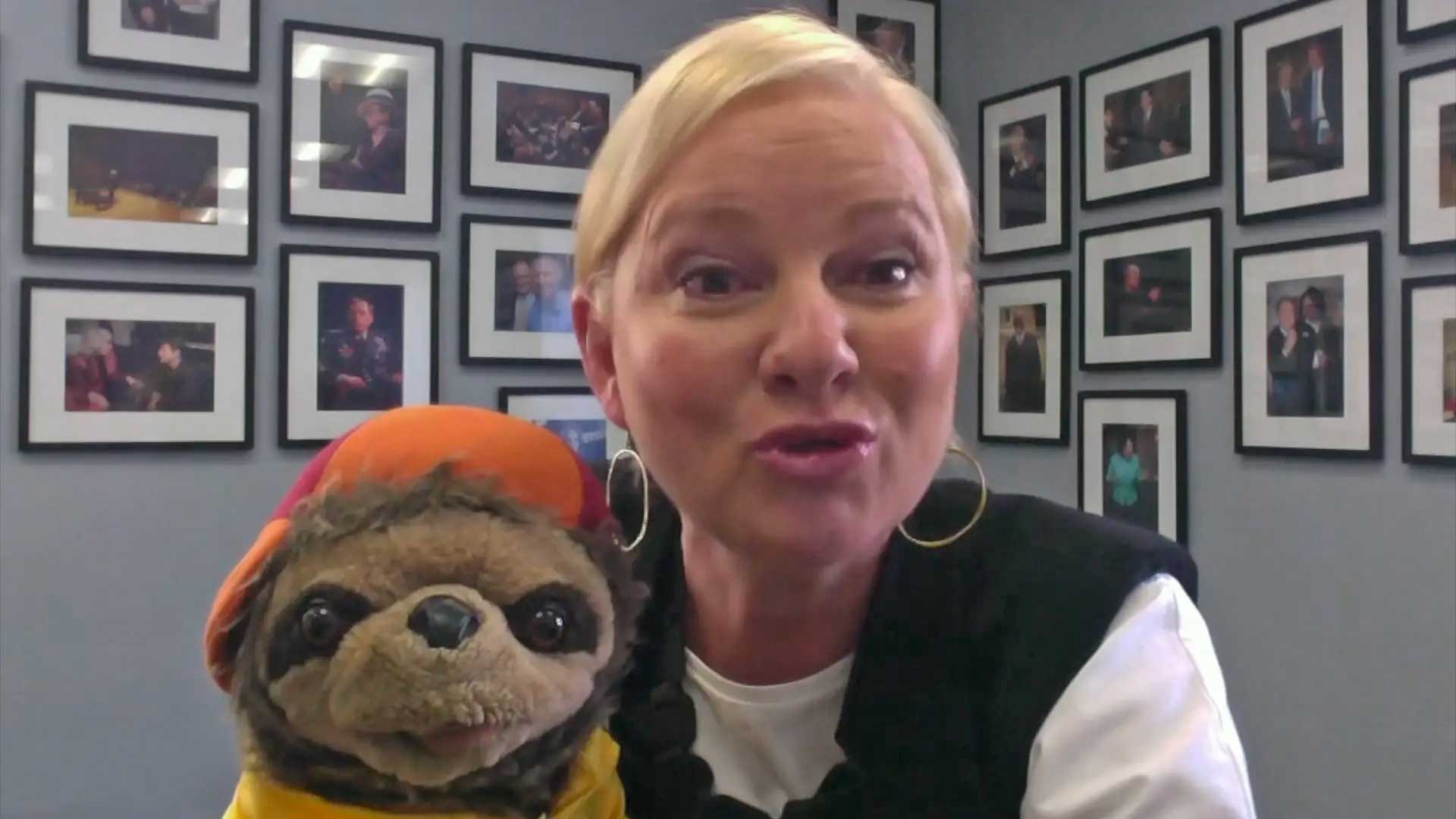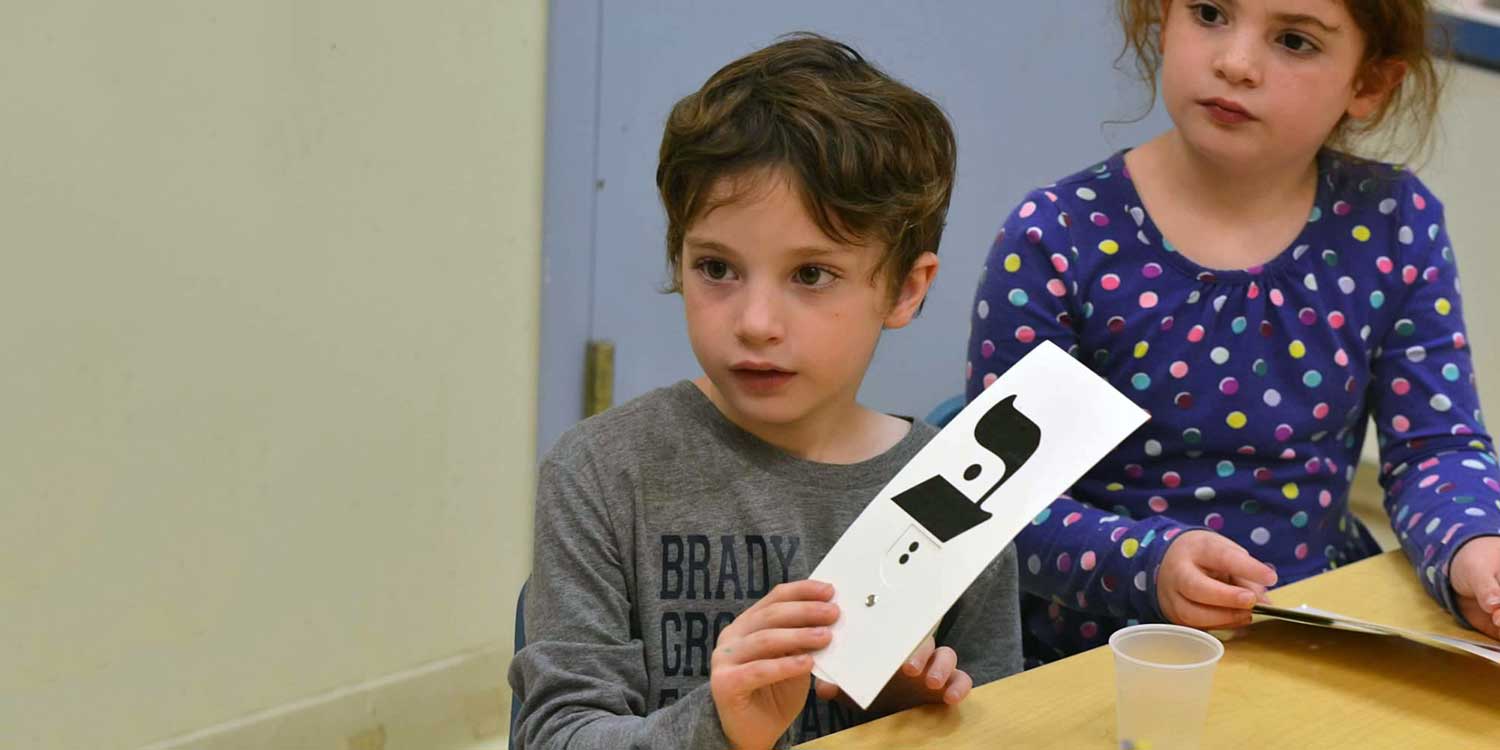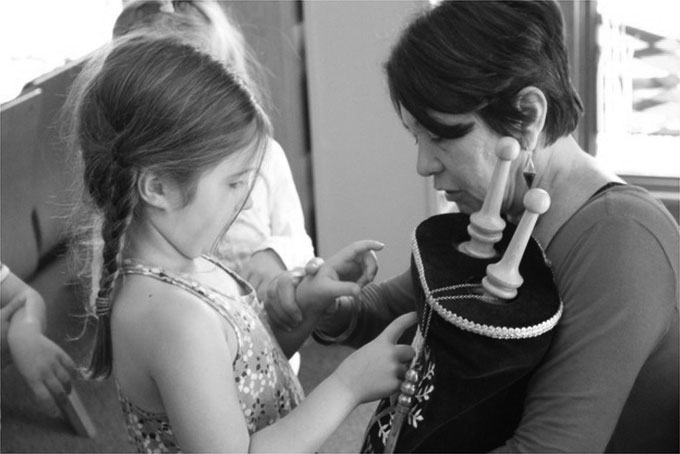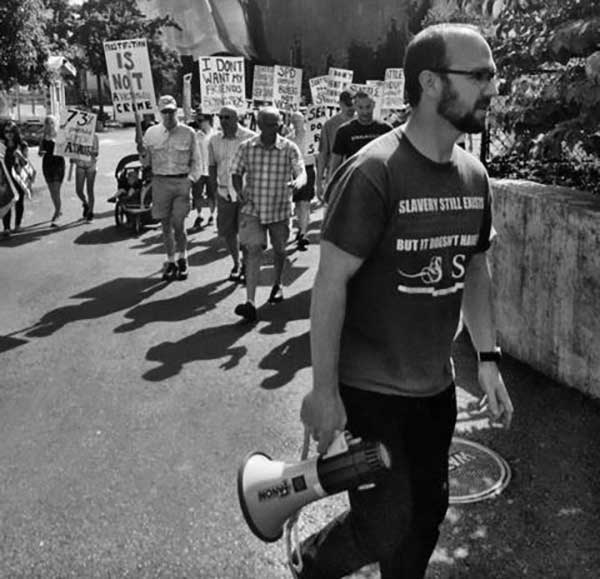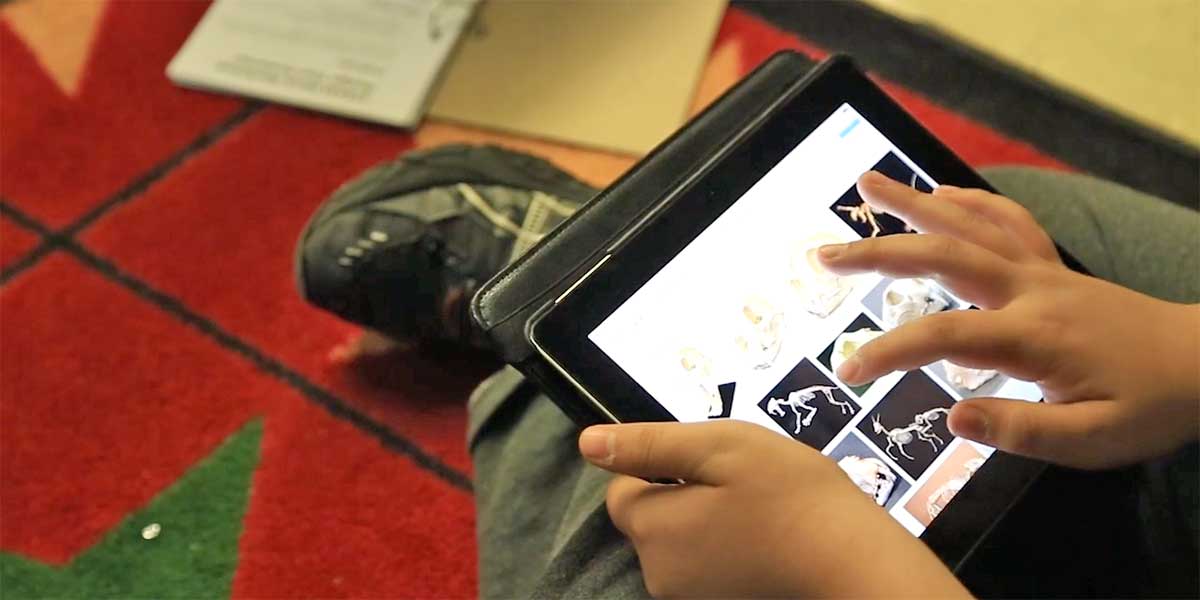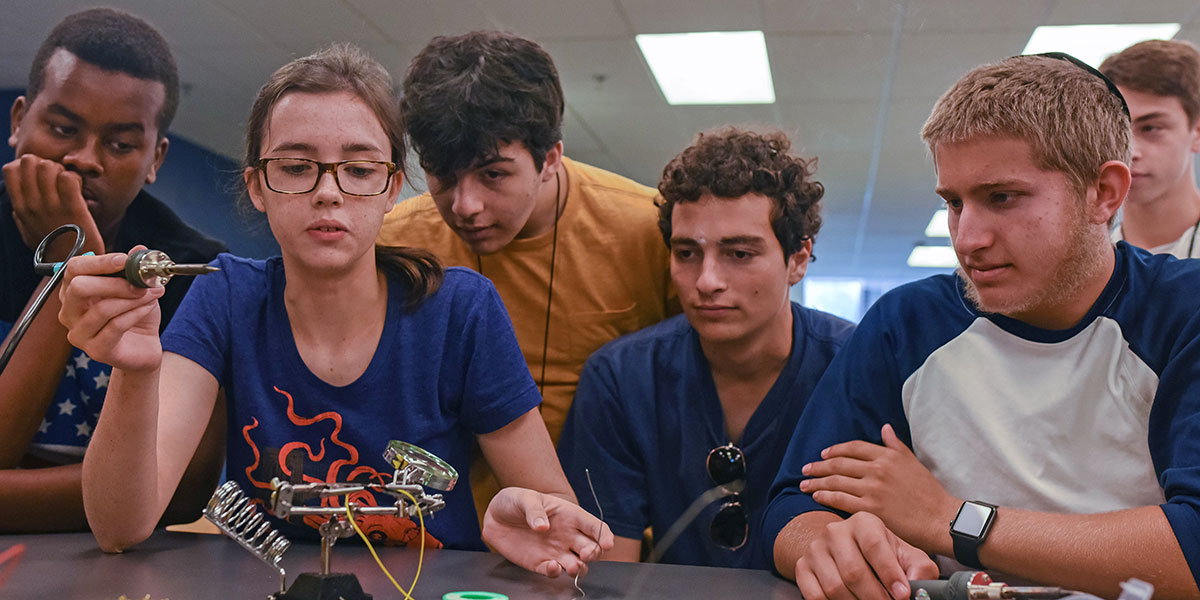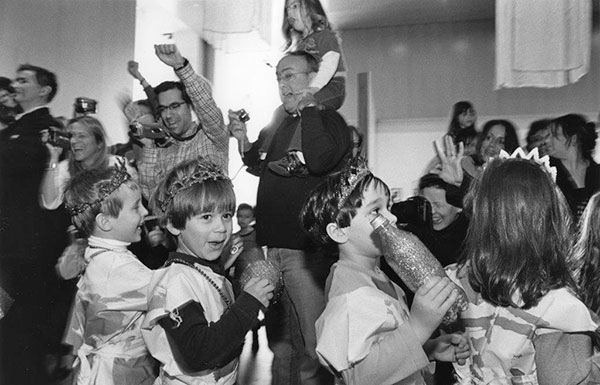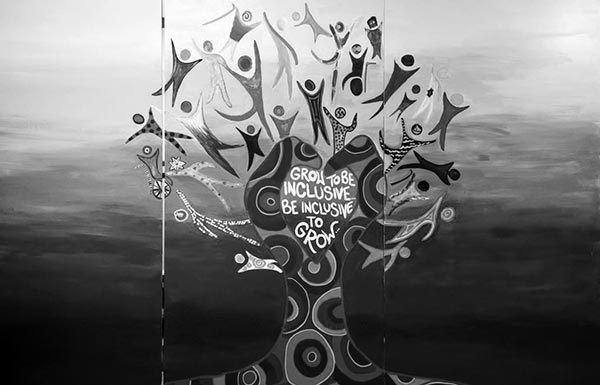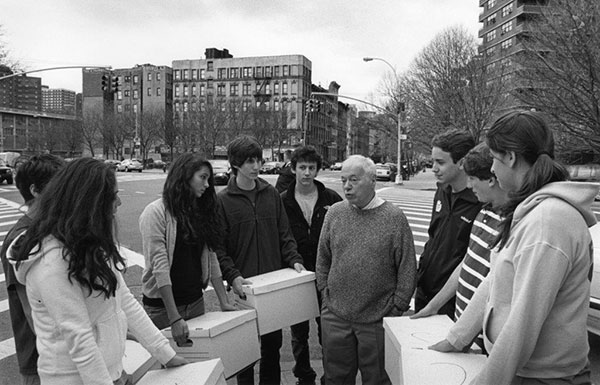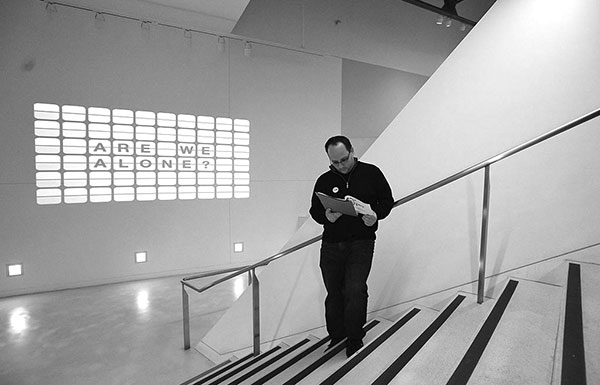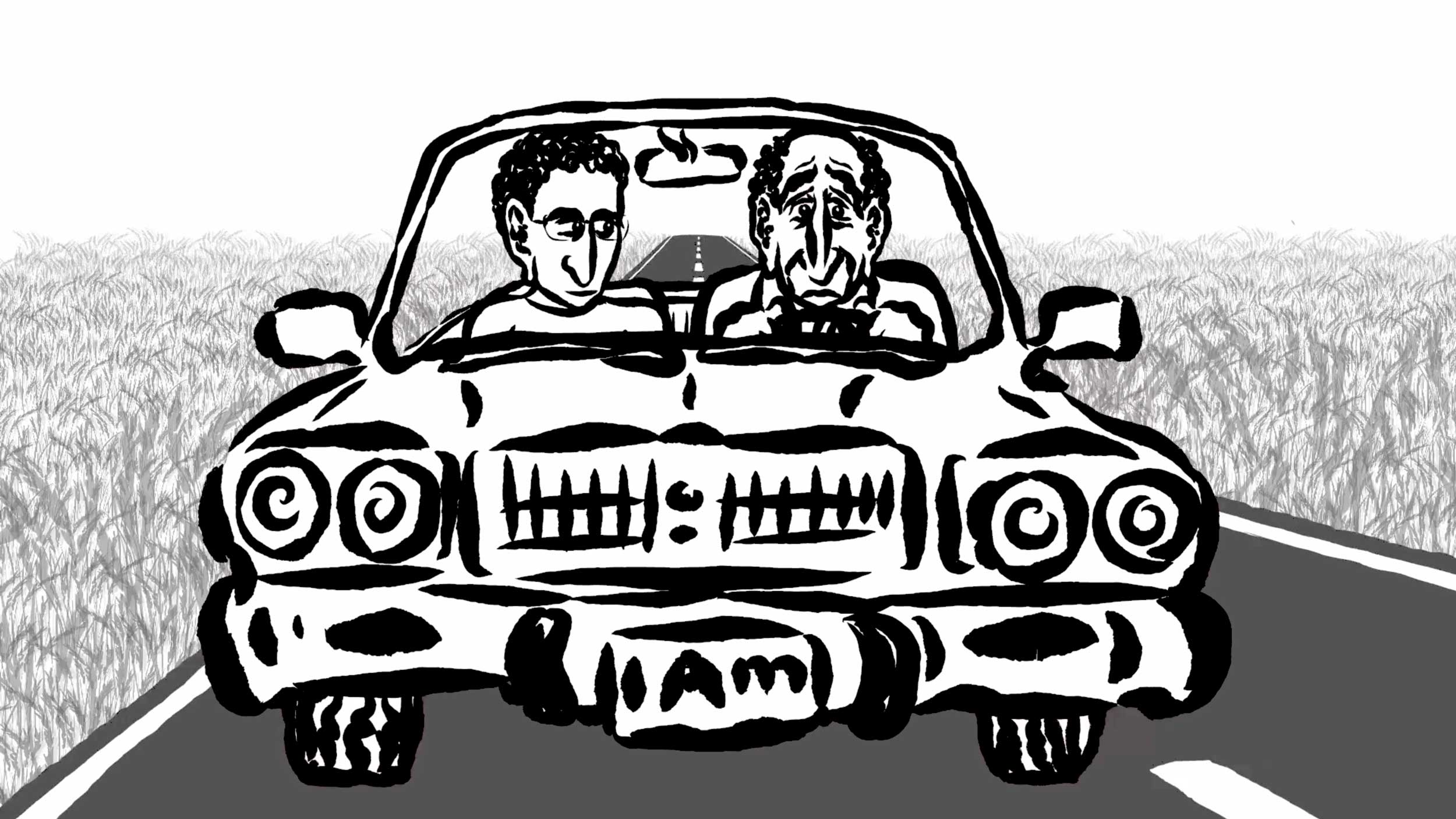
ARTICLEHarchol, Huppin, Grishaver and Wise: Veteran Educators Offer New Ways to Teach Civil Discourse
In this moment of political unrest in the United States, it is easy to fall into the trap of distrust and disengagement. How do we confront differences in perspective and worldview in a way that doesn’t further polarize us from our neighbors and fellow citizens? How does one communicate respectfully and effectively with those with whom we disagree? And how do we teach these skills to our students?
Civilly Speaking: A Curriculum on Civil Discourse
Kindness and empathy start in the classroom, which is why The Covenant Foundation commissioned a curriculum on the topic of civil discourse from renowned Jewish educators Joel Lurie Grishaver and Ira J. Wise. Across six units, the curriculum explores important themes, such as how and why we argue, why anger is such a powerful motivator, perspective-taking, and the indisputable value of facts in the face chaos and confusion.
Whether through Talmud, Ted Talks, or Tevye, Grishaver and Wise provide space for learners ranging from Grade 6 to adults to unpack their own reactions in the face of conflict, beginning with establishing a working definition of civil discourse and ending with a deeper understanding of truth and decency.
Conflict Resolution: A New Jewish Food for Thought Animation and Original Study Guide
Hanan Harchol, an animator, New York City public school teacher, and the creator of Jewish Food For Thought: The Animated Series has just released Conflict Resolution. In this animated short, the characters of Hanan and his father discuss what it means to argue and disagree, and how we all tend to focus on “winning” rather than trusting one another enough to be vulnerable. Without vulnerability, the characters realize, empathy and connection remain unattainable.
Covenant Award recipient and Director of Project Kavod/Dignity at Jewish Family Service of Seattle, Beth Huppin has created a study guide based on the film, turning to Jewish tradition to posit how can we live peacefully when confronted with “seemingly impenetrable conflicts.” Through text study and introspection, the guide provides space for learners to grapple with what it means to be vulnerable and how such risk taking can ultimately create an environment where there is mutual respect between those who disagree.
By Lindsay Malin, for The Covenant Foundation
More to Consider
- Using Jewish Ethics To Empower Teachers and Students: An Interview with Hanan Harchol (Sight Line, December 2016)
- Making Movies During Quarantine: From the High School of Art and Design - (Sight Line, June 2020)
- iMovie, Papercuts and Visioning the Future of Jewish Education - (Sight Line, October 2017)
- Embedding Jewish Education into Agency Wiring: JFS and Project Kavod - The Covenant Foundation
- Inspired Educators - The Covenant Foundation
- On Cultivating Empathy: A Text Study


